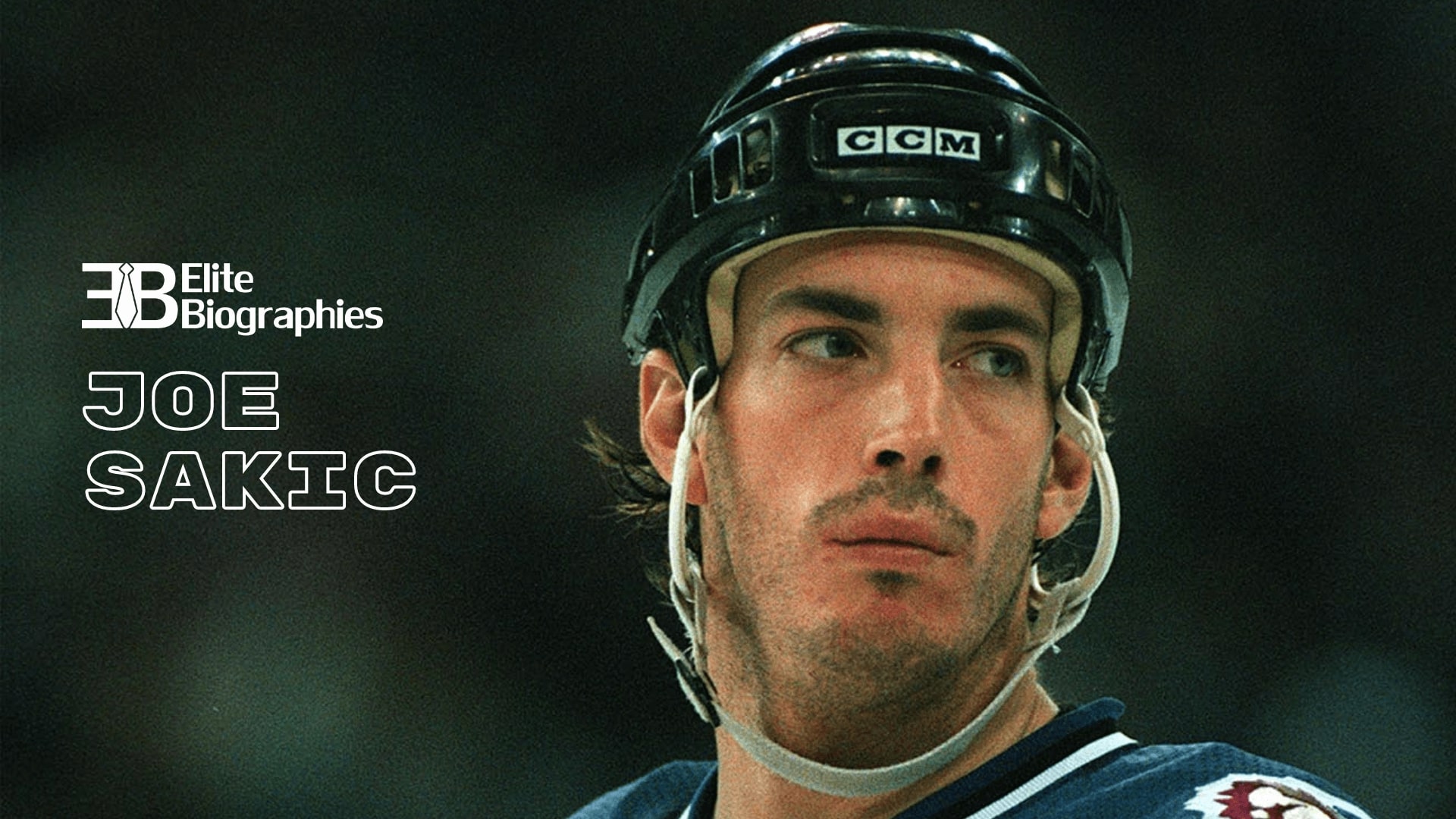
Chris Pronger is a former professional ice hockey player and Hall of Famer known for his exceptional skills and achievements in the NHL. His imposing presence on the ice, combined with his strategic gameplay, made him one of the most respected defensemen of his time.
Early life
Born on October 10, 1974, in Dryden, Ontario, Canada, Chris Pronger grew up in a family passionate about hockey. From a young age, Pronger showed a natural aptitude for the sport, quickly distinguishing himself in local leagues. His height and physicality, even as a youngster, made him a formidable presence on the ice. Pronger’s early years were marked by his dedication to improving his skills, spending countless hours practicing and playing in junior leagues. His performance in these junior leagues caught the attention of scouts from the National Hockey League (NHL), setting the stage for his future professional career.
Career
Chris Pronger’s NHL career began when he was drafted second overall by the Hartford Whalers in the 1993 NHL Entry Draft. His transition to the NHL was rapid, and he quickly adapted to the pace and physicality of the league. Pronger’s ability to read the game, coupled with his physical play and offensive contributions, made him a valuable asset to his team.
In 1995, Pronger was traded to the St. Louis Blues, where he would spend the majority of his career and establish himself as one of the league’s elite defensemen. During his initial seasons with the St. Louis Blues, Chris Pronger was under the tutelage of Mike Keenan, who served as both coach and general manager. Keenan was adamant about Pronger enhancing his fitness and minimizing his in-game errors. The arrival of hockey legend Wayne Gretzky to the Blues late in Pronger’s first season alleviated some of the pressure he faced. This shift, along with Keenan’s rigorous training methods, allowed Pronger to focus more on refining his defensive skills.
In his third season with the Blues, and his first as team captain, Pronger returned to the All-Star team. However, during the 1998 Stanley Cup playoffs, he experienced a frightening incident of cardiac arrest due to commotio cordis, triggered by a puck hitting his chest in a game against the Detroit Red Wings.
The 1999-2000 season marked a career peak for Pronger, as he achieved a personal best of 62 points and a +52 rating, earning him both the Norris and Hart trophies. His victory in the Hart Trophy voting was by a slender margin, surpassing Art Ross trophy winner Jaromír Jágr by just one point, one of the closest victories in the award’s history. Pronger also earned a place on the All-Star team that season.
Pronger’s performance the following season was hampered by injuries, limiting his appearances to 51 games and resulting in 47 points. Despite these challenges, he triumphed with Team Canada, securing a gold medal at the 2002 Winter Olympics in Salt Lake City. He continued to excel in the NHL, making another All-Star Game appearance. However, the 2002-03 season saw Pronger’s playtime drastically reduced to just five games due to injuries, leading to Al MacInnis taking over as captain. He made a strong comeback in the 2003-04 season, showing his resilience and skill.
Post the 2004-05 NHL lockout and with the introduction of the NHL salary cap, the Blues, aiming to reduce team salaries for a smoother sale process, traded Pronger to the Edmonton Oilers. In this deal, the Oilers received Pronger in exchange for defensemen Eric Brewer, Jeff Woywitka, and Doug Lynch. This move allowed the Oilers to secure Pronger with a five-year contract worth $31.25 million.
Pronger’s career also included stints with the Edmonton Oilers, Anaheim Ducks, Philadelphia Flyers, and Arizona Coyotes. Notably, he played a crucial role in the Anaheim Ducks’ Stanley Cup victory in 2007, further cementing his legacy as a top defenseman in the league. Throughout his career, Pronger was known for his leadership qualities, serving as a captain for multiple teams.
Injuries, however, played a significant role in the latter part of Pronger’s career. Pronger’s illustrious career on the ice came to a close in November 2011, a decision influenced by the lasting effects of post-concussion syndrome. This condition was a direct result of three significant impacts he endured during his playing years.
Additionally, Pronger faced challenges with his vision, a consequence of an incident where his eye was struck by the blade of a fellow player’s hockey stick. Despite these setbacks, Pronger remained connected to the sport he loves. In October 2014, he embarked on a new journey, joining the NHL in a pivotal role to support the Player Safety Division, contributing his vast experience and insights to enhance player safety standards in the league.
Following the conclusion of his contract after the 2017 NHL Entry Draft, which occurred on June 22, Chris Pronger formally announced his retirement. Subsequently, he embarked on a new chapter in his hockey career by joining the Florida Panthers. In this new role, Pronger took on the responsibilities of a senior advisor for hockey operations, lending his extensive experience and knowledge to the organization.
Personal Life
Chris Pronger and his wife Lauren married in 1999, and they have three children. During his tenure with the Anaheim Ducks, Pronger called Irvine, California, his home. These days, Pronger has settled in Chesterfield, Missouri, where he and his wife co-manage a high-end travel agency.
Pronger’s fame extended to the digital rink as well in the form of video games. He was featured on the covers of NHL 2000 and NHL Hitz 2003, marking his influence in the gaming world.
Adding to the family’s hockey legacy, Pronger’s elder brother, Sean Pronger, is also a former professional player in the NHL, showcasing the family’s deep-rooted connection to the sport.

Net Worth
As of 2023, Pronger’s net worth is estimated to be $65 million.
Achievement
These achievements highlight Pronger’s exceptional career and his lasting impact on the sport of hockey.
Related Bios

Molly Fletcher
Once dubbed “the female Jerry Maguire” by CNN and ESPN, Molly Fletcher made a name for herself as a sports agent, ...
Read More
Christine Sinclair
Christine Sinclair is a renowned Canadian soccer player, celebrated for her exceptional skill and leadership on the fiel...
Read More
Hayley Wickenheiser
Regarded as one of the greatest female hockey players of all time, Hayley Wickenheiser is a Canadian icon whose career i...
Read More
